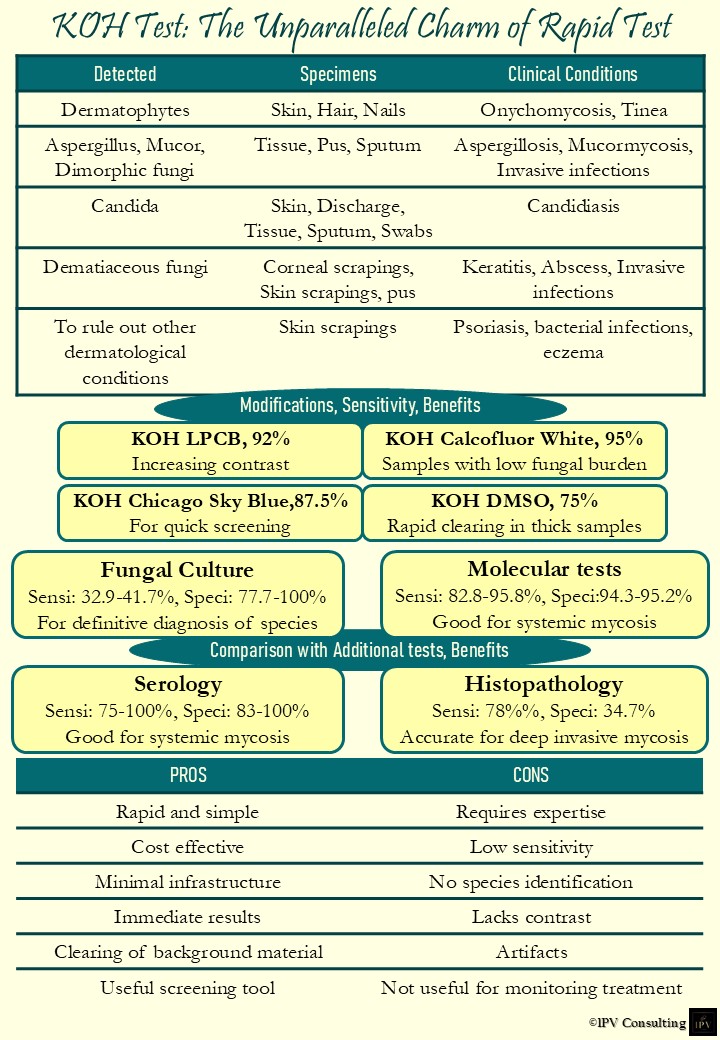Avidity Test And Pregnancy: A Tricky Bond
The two main immunoglobulins that reacts to any infection are IgM and IgG. IgM indicates an acute infection in its early stages of infection while IgG indicates a late-stage or past infections. But relying on IgM and IgG can be misleading due to issues like false positives and IgM's cross-reactivity with other antigens. Furthermore, IgM may not be present in immunocompromised people or in the early stages of an infection, or it may remain for a long time after an infection.
Avidity test is one of the valuable diagnostic tools that differentiates between acute and chronic infections by evaluating the degree of antibody binding to antigens, which indicates the maturity of the immune response. IgG antibodies typically have lower avidity when an immunological response is elicited. But over time, higher avidity antibodies are created as a result of affinity maturation.
Avidity test determines the overall strength of the binding between antibodies and antigens, considering all binding sites and the structural arrangement of both molecules. The measure of cumulative binding strength makes it a more accurate indicator of maturity and quality of an immune response.
Pregnant women frequently undergo IgG avidity testing to differentiate between recent and previous infections with viruses such Toxoplasma gondii and Cytomegalovirus. Although it is a useful diagnostic tool, its interpretation and reliability during pregnancy are impacted by a number of significant limitations. Because of its limitations, it must be interpreted carefully and should be integrated with other diagnostic test and the clinical presentation.
References
1. Li Y, Yang HS, Klasse PJ, Zhao Z. The significance of antigen-antibody-binding avidity in clinical diagnosis. Crit Rev Clin Lab Sci. 2025;62(1):9-23.
2. Hedman K, Lappalainen M, Söderlund M, et al. Avidity of IgG in serodiagnosis of infectious diseases. Rev Res Med Microbiol. 1993;4(3):123–129.
3. Holec-Gąsior L, Sołowińska K. IgG Avidity Test as a Tool for Discrimination between Recent and Distant Toxoplasma gondii Infection-Current Status of Studies. Antibodies (Basel). 2022;11(3):52.
4. Garnaud, C. et al. Toxoplasma gondii-specific IgG avidity testing in pregnant women. Clinical Microbiology and Infection 2020;26(9):1155 – 1160.
5. Abdullahi Nasir I, Babayo A, Shehu MS. Clinical Significance of IgG Avidity Testing and Other Considerations in the Diagnosis of Congenital Cytomegalovirus Infection: A Review Update. Medical Sciences. 2016; 4(1):5.






